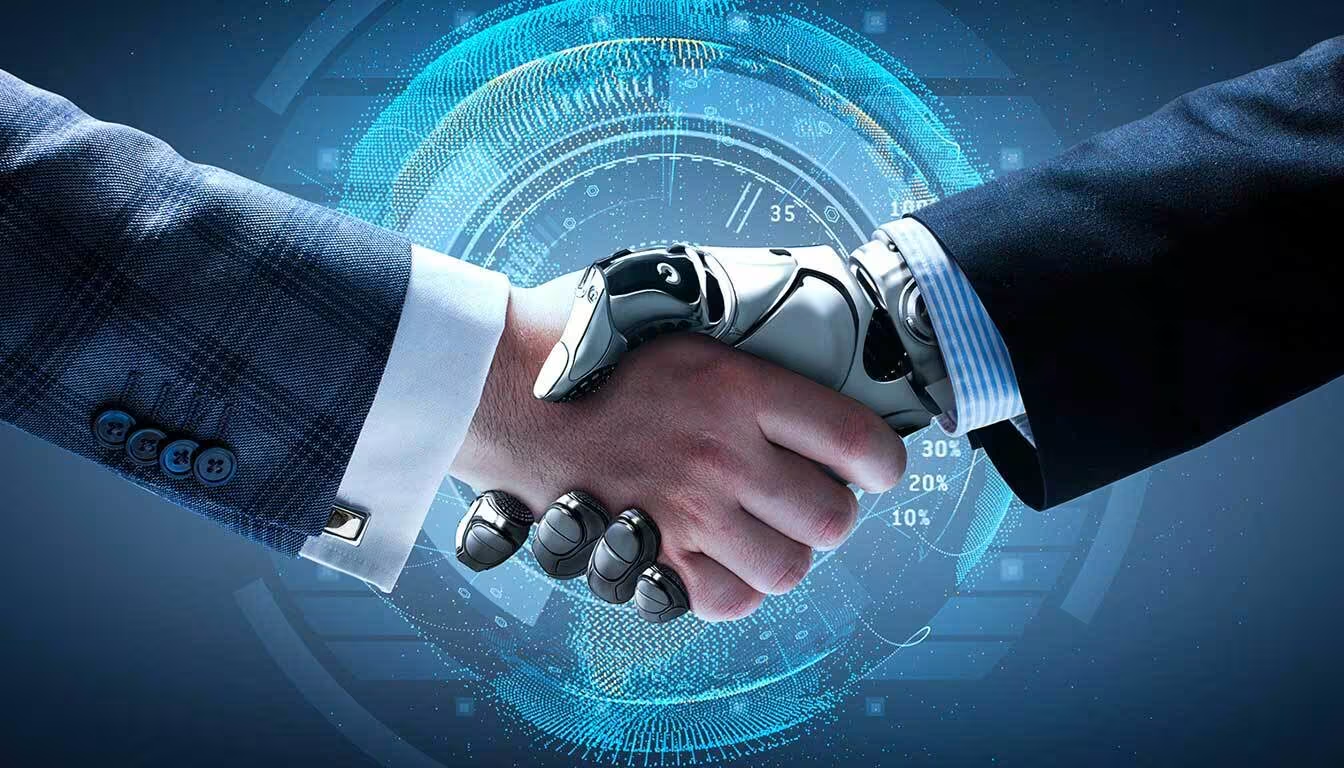Human Resources (HR) has always been about people, but with the rapid rise of Artificial Intelligence (AI), the way HR professionals make decisions is evolving. From recruitment to performance evaluation, AI offers tools that can process data faster, identify hidden patterns, and suggest actionable insights. Yet, relying solely on machines risks dehumanizing the workplace and creating ethical blind spots.
This article explores how organizations can strike the right balance between human judgment and AI-driven decision-making in HR, ensuring both efficiency and empathy remain at the core of workforce management.
The Rise of AI in HR
AI has become embedded across the HR lifecycle. According to Gartner, over 47% of HR leaders already use AI in some form, primarily in recruitment and workforce analytics.
Key Applications
- Recruitment: AI filters resumes, predicts candidate fit, and even conducts initial video interviews with facial analysis.
- Employee Engagement: AI chatbots provide 24/7 HR support, answering policy questions or guiding benefits enrollment.
- Learning & Development: Algorithms recommend training modules tailored to each employee’s skills and career path.
The promise of AI lies in scale and speed—tasks that would take weeks for a human HR team can be accomplished in hours.
Benefits of AI in Decision-Making
Efficiency Gains
AI reduces administrative burdens. For example, automated resume screening cuts the time-to-hire by up to 30%, according to SHRM (Society for Human Resource Management).
Improved Accuracy
Machine learning models detect subtle patterns in performance metrics, absenteeism, or engagement surveys, helping predict turnover risks with up to 85% accuracy.
Data-Driven Insights
AI enhances evidence-based HR by consolidating vast amounts of workforce data into actionable dashboards, allowing HR leaders to anticipate challenges before they escalate.
The Human Element: Why It Still Matters
Despite its strengths, AI lacks emotional intelligence and cultural context. Human oversight is essential to ensure decisions remain ethical and empathetic.
Contextual Understanding
AI may flag a dip in performance as a warning sign, but a human manager might recognize it as a temporary issue caused by personal circumstances.
Ethical Sensitivity
Humans are better equipped to handle sensitive HR decisions, such as disciplinary actions or redundancy planning, where empathy and fairness are critical.
Relationship Building
Trust between employees and management is built through authentic human interaction, not algorithms.
Midpoint Case Study: AI + Human Collaboration
A global tech company introduced an AI recruitment tool to shortlist candidates for engineering roles. While the algorithm effectively reduced screening time by 60%, HR managers noticed it occasionally penalized applicants from non-traditional educational backgrounds. By combining AI recommendations with human reviews, the company expanded its talent pool and improved diversity outcomes.
Interestingly, the HR analytics team also relied on tools similar to Overchat Homework Helper to simplify technical workforce reports and regulatory documents, making insights more accessible for non-technical managers. This illustrates how AI supports—not replaces—human understanding.
Expert Commentary
“AI can accelerate decision-making, but it cannot replace the nuanced understanding of human behavior. HR professionals must see AI as a partner, not a substitute,” says Dr. Maria Jensen, Professor of Organizational Psychology at Copenhagen Business School.
Industry experts agree that the most successful organizations implement a “human-in-the-loop” approach, where AI handles repetitive tasks and humans make final judgments.
Challenges of Balancing AI and Human Decision-Making
Bias in Algorithms
AI is only as good as the data it’s trained on. If historical HR data reflects bias, AI may unintentionally reinforce it.
Transparency and Explainability
Employees may distrust AI-driven decisions if they don’t understand how algorithms work. Transparent communication is vital.
Over-Reliance on Automation
Leaders risk outsourcing too much decision-making to AI, potentially eroding human empathy in employee relations.
Practical Strategies for Organizations
Adopt a Hybrid Model
Use AI for data-heavy tasks like resume screening or engagement analysis but ensure humans make the final hiring or promotion decision.
Regularly Audit AI Systems
Establish bias detection audits to monitor fairness in recruitment and performance evaluations.
Train HR Teams in AI Literacy
Equip HR professionals with the skills to understand and challenge AI outputs rather than accepting them at face value.
Tools Supporting Balanced Decision-Making
- HireVue – AI-driven video interview analysis with human oversight.
- Workday People Analytics – Predictive insights blended with HR manager review.
- Eightfold.ai – Talent intelligence platform combining AI insights with recruiter input.
- Cornerstone OnDemand – AI-powered learning recommendations aligned with HR strategies.
These platforms emphasize collaboration between AI outputs and human decision-making.
The Future of HR Decision-Making
By 2030, Forrester predicts that AI will handle up to 40% of HR tasks, but final decisions will remain with humans. The most progressive organizations will use AI not just as a cost-cutting tool but as a means to empower HR teams with deeper insights.
Future AI systems will likely integrate emotional AI, capable of detecting stress or burnout signals, but even then, human empathy will remain irreplaceable.
Conclusion
AI is revolutionizing HR, offering speed, accuracy, and data-driven insights. However, without human oversight, AI risks reinforcing bias and eroding trust. The key is balance: letting AI handle repetitive, data-heavy tasks while HR professionals provide ethical judgment, empathy, and cultural context.
By embracing a hybrid model of human and AI decision-making, organizations can create workplaces that are both efficient and humane—where technology enhances rather than replaces the human touch.



